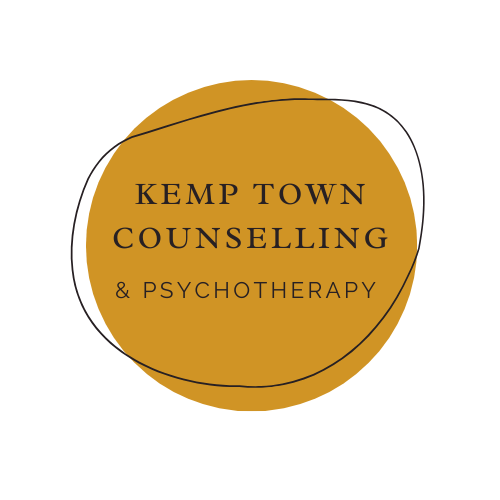Surviving the summer holidays - Why self-care is more than a bubble bath
The summer holidays are here. The long awaited anticipation of 6 weeks with no school runs, traffic, after-school clubs, music lessons, packed lunches or PTA meetings. Huzzah! And then… reality hits.
Trading lunch box requests for 6 weeks of logistical juggling between existing work commitments and family expectations that you’ll visit with your brood simply because ‘it’s the holidays’ can leave a parent feeling just on the brink of… well, anything. As it’d be a break from the push and pull of current demands. I often post on social media about self-care and discuss it in session. But what exactly is this self-care we speak of?
Self care is more than a bubble bath. Finding our unmet need.
During my days of training, I was often warned of the frequency at which therapists burn out. That is, taking on so much that our stress levels become elevated to the point that we find it hard to focus, sleep, eat or function. As a member of the helping professions, and particularly for some of us empathic/highly sensitive/attuned folk, it’s important to really look at our unmet needs. If ‘self-care’ is reframed as ‘unmet needs’, then it offers a different perspective and language to work with. Let me explain…
There are points over the holidays where parents may experience a sense of overwhelm – becoming short-tempered, argumentative, tired, teary or grumpy. Or all of the above. If this is you, then I’d invite you to reflect on when those instances have previously occurred as you’ll likely spot a pattern. This will provide you with an insight into your unmet needs and allows you to consider how they might be met either in advance of them happening or as they happen.
How have you reached the point of feeling short-tempered or argumentative? Take 5 minutes to jot down on a piece of paper whatever comes to mind. The likelihood is there has been a miscommunication, or lack of communication, of needs. Expressing expectations about what you would like to happen – or not happen! Being clear in telling others what you need ensures you’re more likely to be heard, have your needs acknowledged and met. Inviting others to support or hear you, makes any covert assumptions and expectations into an overt, clear contract. A case of, ‘here is the thing I need right now and I need you to help me by doing X. Can you do that for me?’. A key approach in ‘Non-Violent Communication’ by Marshall Rosenberg (2015, Pg.7) is 4 clear steps:
Observation - state the concrete actions you observation that affect your wellbeing (without evaluation or judgement). This can be tricky when you’re feeling annoyed, so take a breath beforehand.
Feelings - clearly express your feelings in relation to the observation, “I am feeling…..” Focussing on the ‘I’ means you aren’t blaming or shaming inadvertently, which could cause a further argument for you to handle. Using ‘I’ is taking ownership and connecting to your feeling.
Need - Briefly explaining the needs, values or desires that create our feelings. “ I’d like help with cooking dinner so I don’t feel so thinly stretched…”
Request - the concrete actions we request in order to enrich our lives. Which aren’t demands… “..Can you help me with dinner please?”
Creating a dialogue that’s open and transparent generates empathic communication. Taking the time to reflect on your previous experience, is an opportunity to head off any future instances of miscommunication and asking to have your needs heard or met is a practice. Consider how to get your needs met sufficiently in order to ensure you can meet the needs of those around you.


